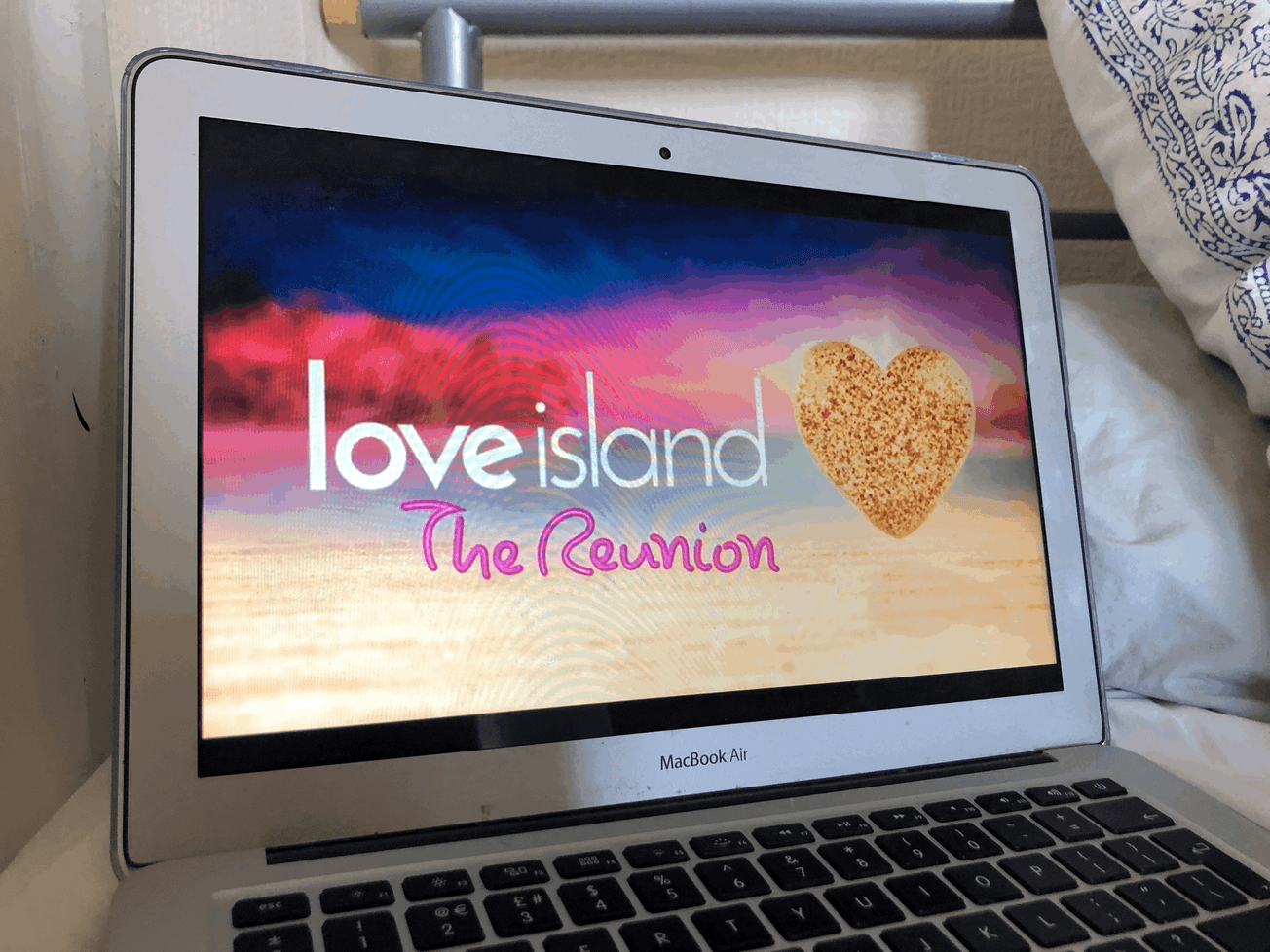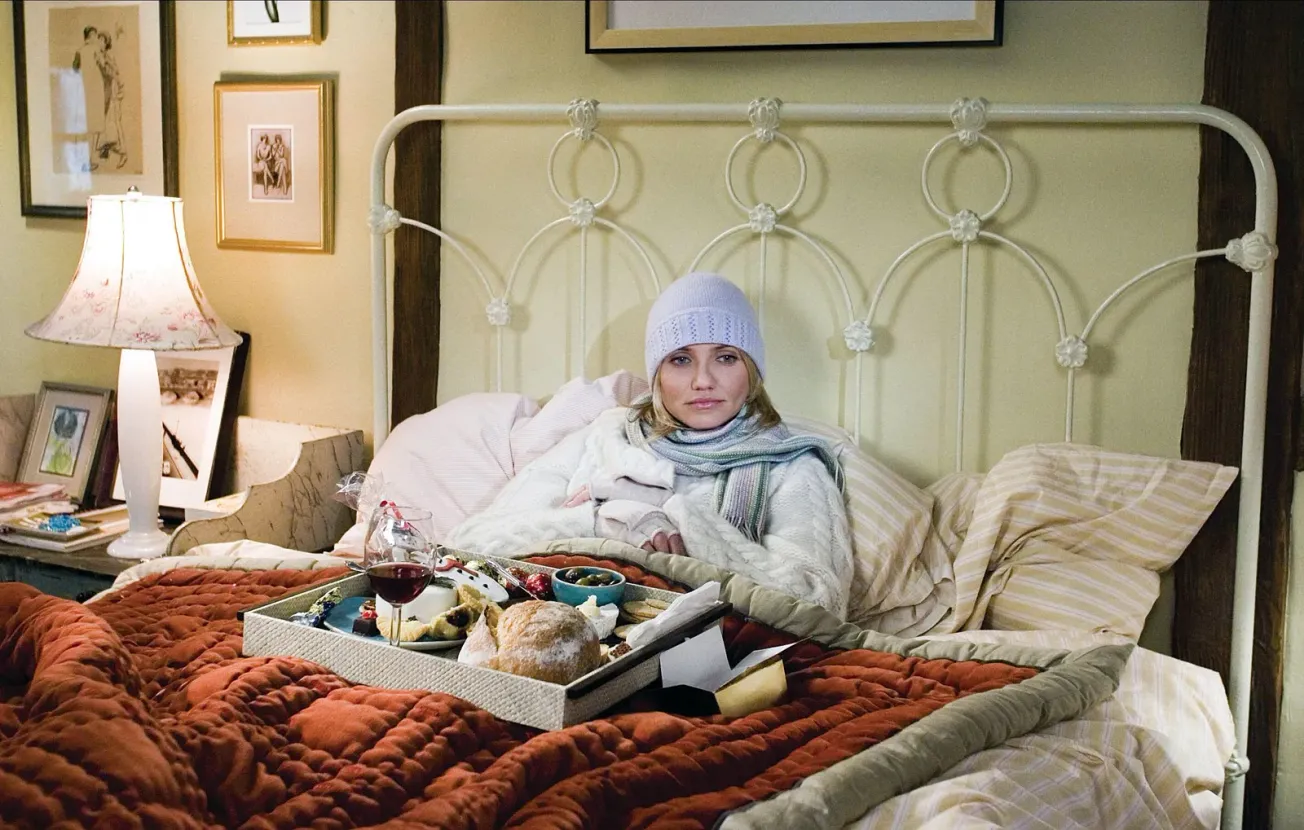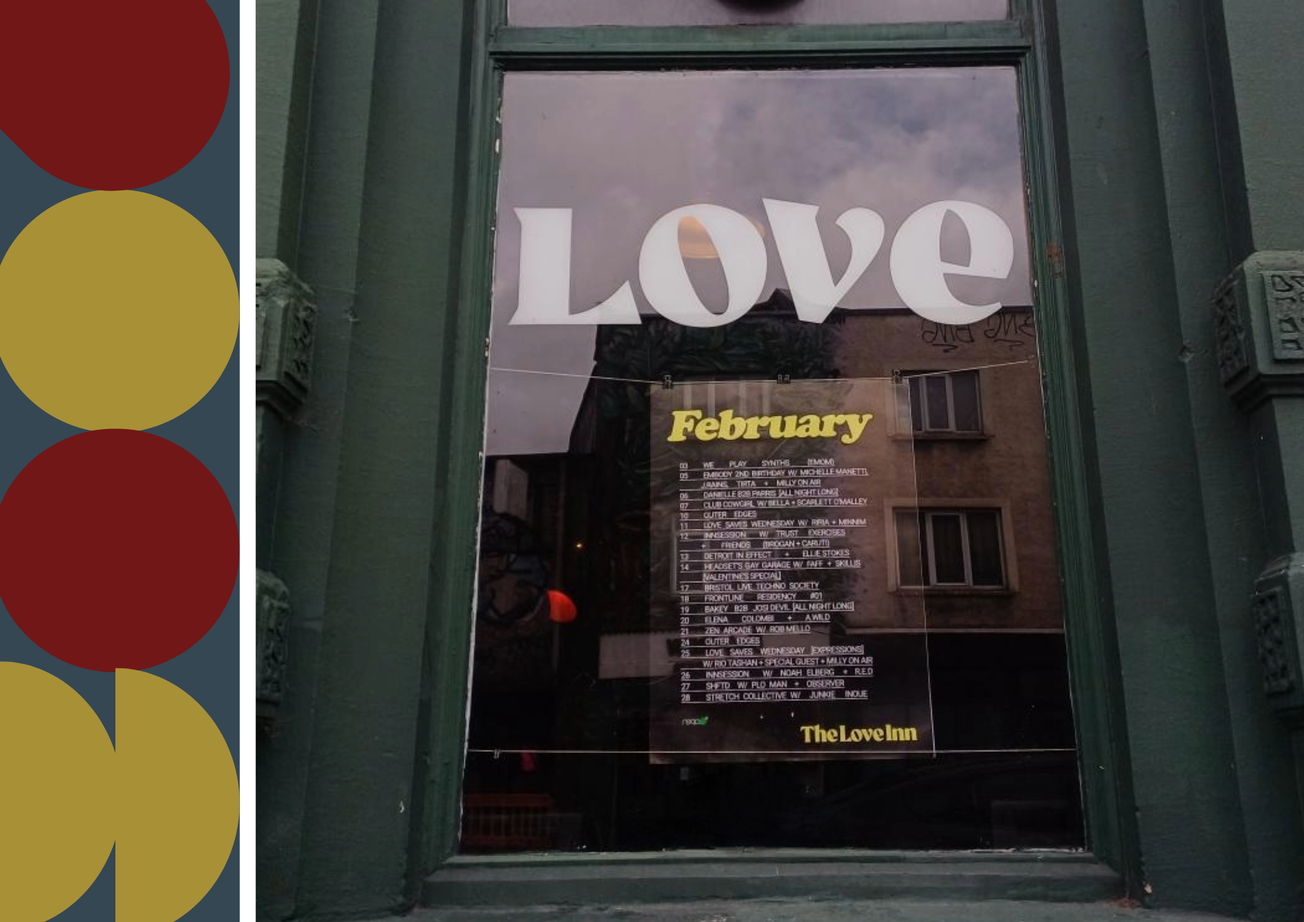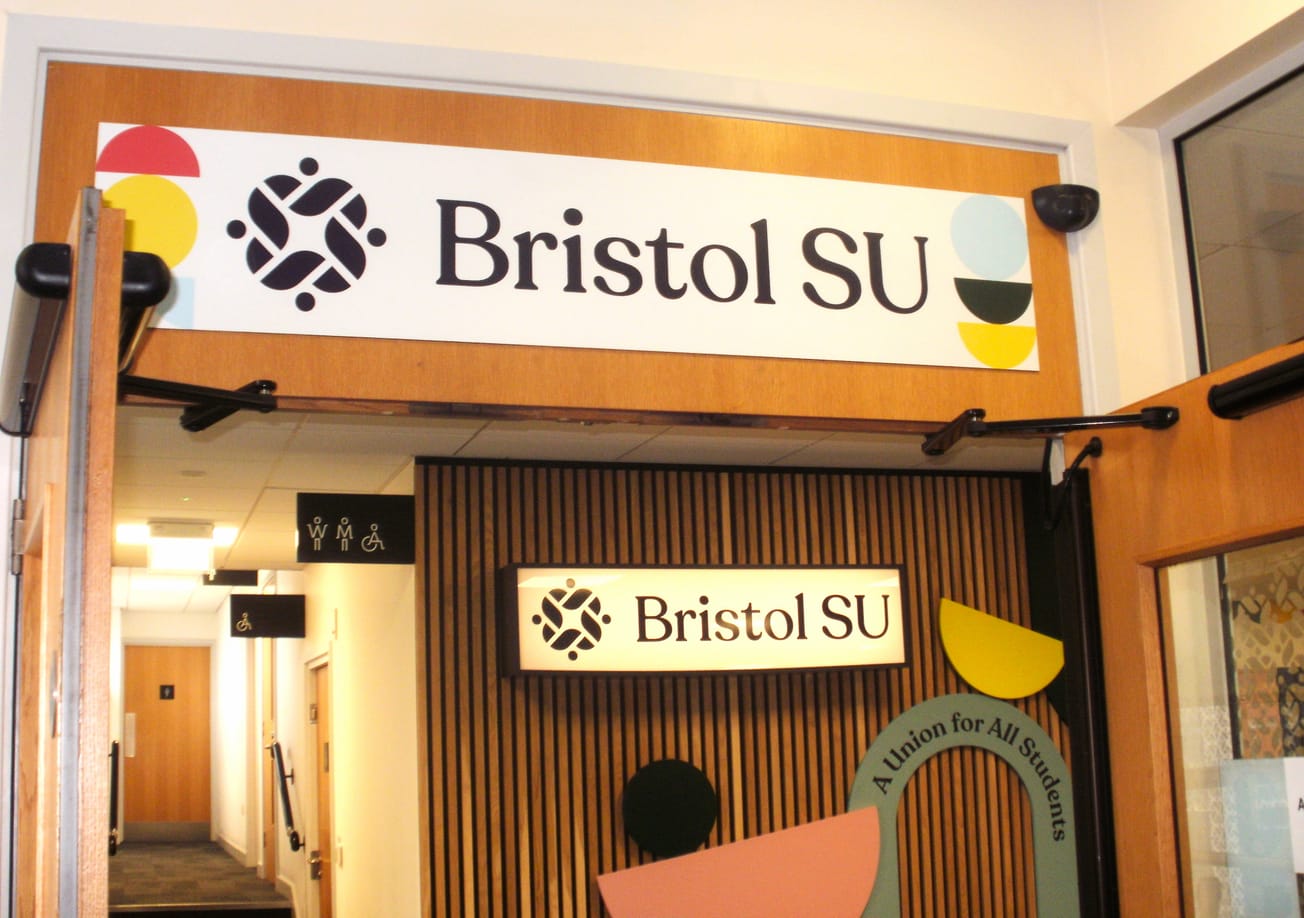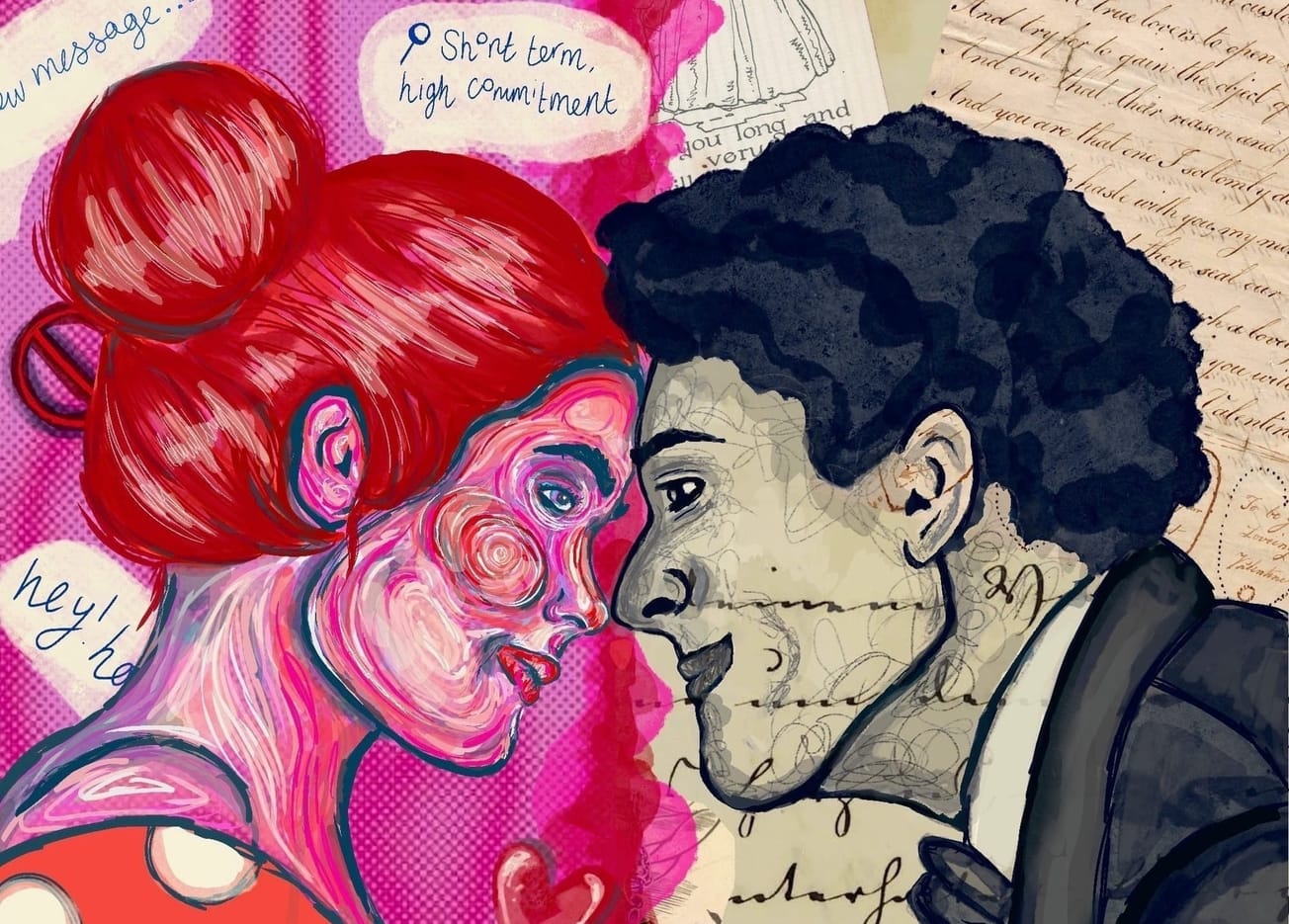By Anna Johnson, Style Deputy Editor
After Sunday's reunion episode, it is time to say goodbye to this year's Islanders. 2021 has seen a lot of changes on the Love Island set, not just because of Covid-19, and it feels a good time to reflect on the show's value.
During my secondary school years, Love Island was a nice distraction from the stress of GCSEs and the repetitive nature of the school day. Let’s be honest – it is fun to have a debrief on the overly dramatic contestants with your pals.
I’m starting to view the show in a much harsher light. Not only do I feel it perpetuates an impossible beauty standard to young people like myself in those secondary school days, but it’s also worrying to see just how little producers seem to care. There is often dialogue that surfaces in the media for a short time surrounding the after-effects on the islanders’ mental health, but it seems to be brushed under the carpet once a new series starts.
A lot of people like to put the ‘blame’ for the disintegrating mental health of contestants simply on social media trolls, but it is only a small proportion of nasties that are contributing to this massive problem. In reality, I feel that Love Island is a pyramid of toxicity.
Julia Raeside wrote an interesting article on the production recently for inews. Having worked in reality TV in the past, she highlighted the dangerous element of competition among these producers. Ambitious people, they have to be ‘the most tenacious’ to get and keep their highly sought-after positions. She discussed the manipulative’ nature of a producer’s relationship with the contestants when filming a show like Love Island: ‘you aren’t their friend, you’re there to get good stories, but you sometimes have to behave like a friend to gain their trust.’
I originally didn’t condemn the Love Island producers for this attitude, thinking that was their job after all. It only takes a few sobering names however to remind us of the sobering repercussions of media portraying people in a negative light – Mike Thalassitis, Sophie Gradon, Caroline Flack.
When it comes to a duty of pastoral care, the producers do not have a particularly strong track record. In series 2, Zara Holland lost her title of Miss GB after having consensual sex on television. While the man she did this with had no repercussions, she was painted as desperate and villainised not only by the public, but by the other Islanders too – a clear double standard.
The production decision to air not only the intimate bedroom scene but also the criticisms by her own friends meant that negative opinions were spoon-fed to the public for the sake of drama and views. This resulted in a torrent of online hate to greet her when she left the villa. She has since revealed the need for therapy after Love Island, as many other contestants have also done.
Love Island sometimes reminds me of a cruel puppet show playing on the insecurities of the participants. Should a show really be aired if the process of taking part and the fall-out effects result in psychological damage? We should also ask ourselves why we enjoy watching these repetitive storylines surrounding lying, cheating and wandering eyes as it is clear that the people in the show genuinely do feel hurt by these situations.
This is clear specifically in the Casa Amor episodes whereupon in this year’s series where the vast majority of the male contestants were unfaithful. I used to find it light-hearted and exciting, thinking that the participants were perhaps taking it too seriously as they hadn’t known each other all that long. But having watched the episodes from this year’s series, it felt very raw. Contestants Millie, Lillie and Liam were caught up in a love triangle caused by Casa Amor and the two girls had a chat about Liam’s behaviour, revealing his lies. During this talk, Millie is clearly deeply hurt by the situation and doesn’t manage to hold back her tears.
It feels a bit wrong that scenes like this are what the show relies on and that her clear, genuine pain is being encouraged for the sake of entertainment. The people applying for this show are not treated like people with feelings by the production team, so why would its audience act any differently?
Let’s say the producers stopped doing this – say they stopped inviting polarising online discussion with demonising narratives created through clever editing. Would anyone watch without someone to hate? Without a villain in this show, there is no entertainment. Would anyone apply with no-one watching? The applicants aren’t looking for love anymore, they’re looking for PLT brand deals and Instagram followers.
My problem with the Love Island Machine? Nobody wins.
Featured Image: Savannah Coombe
What are your thoughts on Love Island? Let us know below!

